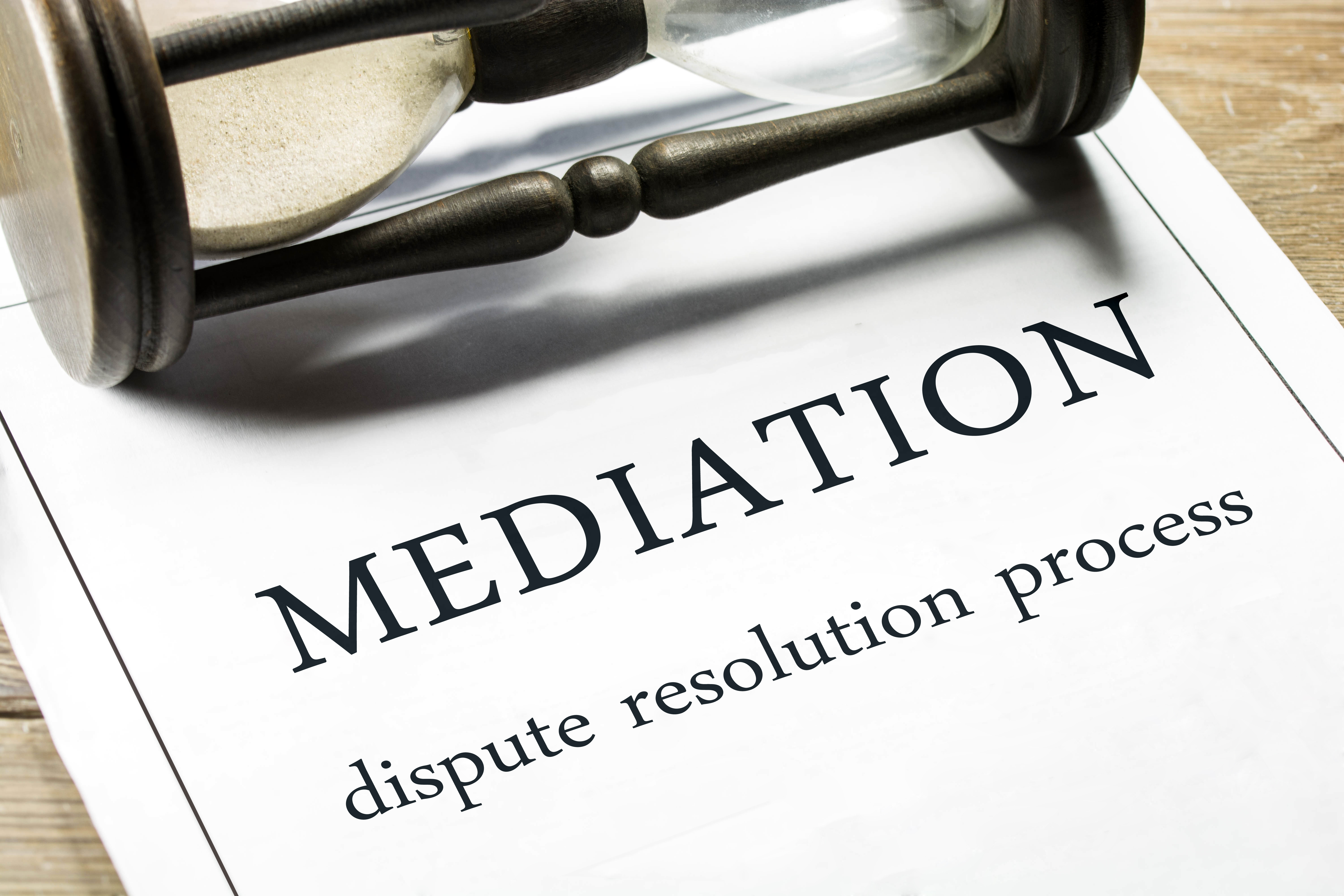As a mediator, one of the last things I want to see is the parties reaching a verbal settlement, but leaving without signing an agreement. As we all know, nothing is binding until the agreement has been signed. Some of the most common reasons for failed settlements involve travel plans. There is nothing worse than the 2:00 p.m. proclamation “This better get done soon, I have a 4:00 p.m. flight.” Of course, none of this was known to the mediator, the parties on the other side and, sometimes, to counsel for the departing party.
Another cause for a failed mediation is this kind of statement: “I will sign it tomorrow as soon as I get approval from my superior.” Of course, such a statement implies that the mediation attendee did not have full settlement authority which is a violation of the rules of mediation.
Additionally, I have seen more than one settlement agreement blow up because one or more of the parties appeared at the mediation telephonically. Although there is nothing inherently wrong with telephonic attendance at mediation, I have found that face-to-face encounters typically result in more successful mediations (although, occasionally, emotions of participants can be a deal killer). I have seen, many times, a change in attitude based upon the facts revealed in the opening statements or the documents produced which had not, to that point, been seen by the other side. Being present matters.
I encourage all attorneys to advise their clients to appear at the mediation in person, make sure there are no time constraints, and endeavor to make the settlement agreement binding by having it signed by all necessary parties before concluding the mediation session.
Rod Neuman is a Florida Supreme Court Certified Circuit Court Mediator and is certified in the United States District Court for the Middle District of Florida, and offers these reflections based upon his experience in conducting mediations.







Stay In Touch